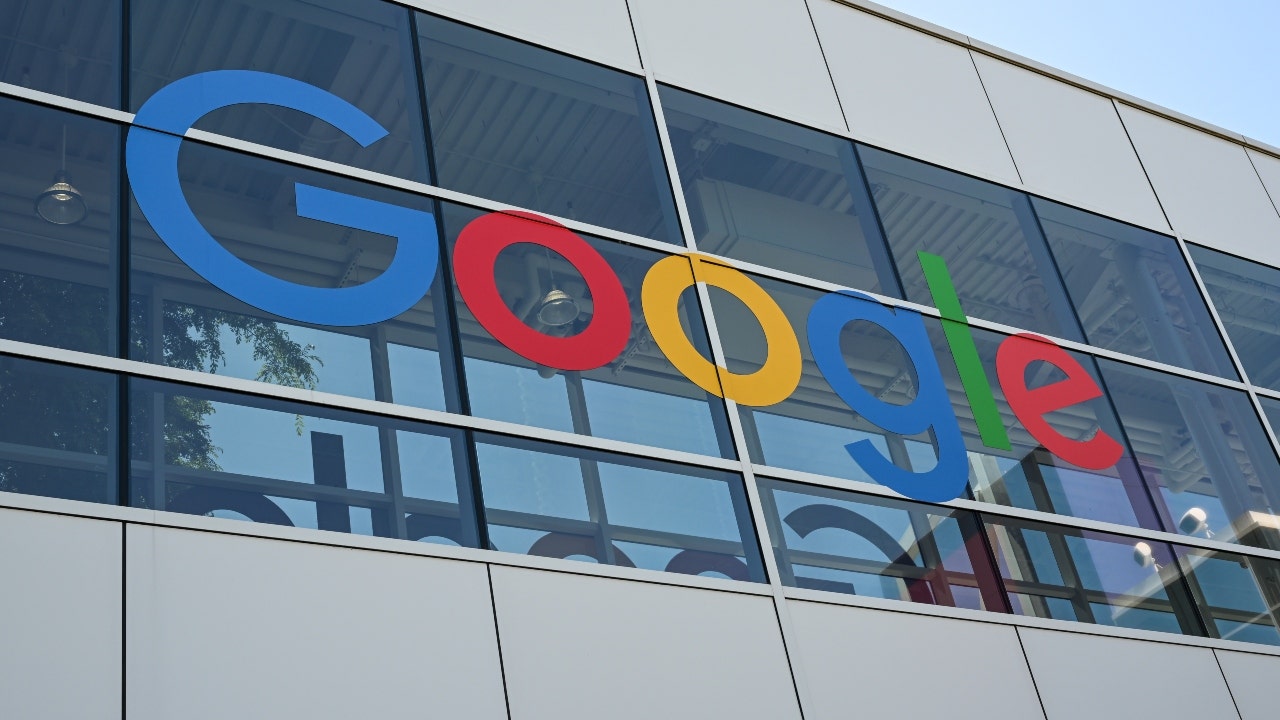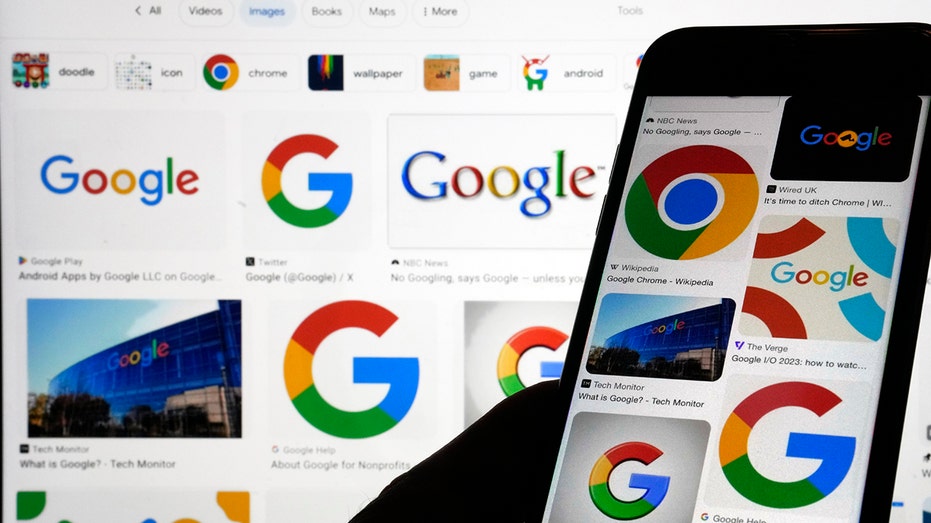Finance
Google agrees to settlement in $5B lawsuit accusing the company of tracking users in ‘incognito’ mode

Google has agreed to settle a lawsuit claiming the search engine giant secretly tracked millions of users’ internet use, despite believing they were browsing in incognito mode.
The lawsuit, which had sought $5 billion, was filed in 2020 in the U.S. District Court Northern District of California and covered “millions” of Google users, seeking damages in the amount of $5,000 per user, or three times actual damages, whichever is greater.
Google’s parent company Alphabet Inc. is accused of illegally collecting information about what people are viewing online and where they are doing their browsing, through various applications and website plug-ins, including Google Analytics and Google Ad Manager.
GOOGLE TO PAY $700M IN ANTITRUST SETTLEMENT OVER PLAY STORE DISPUTE
U.S. District Judge Yvonne Gonzalez Rogers put a hold on the Feb. 5, 2024 trial for the proposed class action lawsuit on Thursday after attorneys for Google and for consumers said they reached a preliminary settlement.
The settlement terms were not disclosed, but lawyers stated they agreed to terms through mediation. The attorneys are also expected to present a formal agreement to the court for approval by Feb. 24, 2024.
Google did not immediately respond to inquiries from Fox News Digital seeking comment and information about the settlement terms.
FEDERAL JURY RULES AGAINST GOOGLE IN EPIC GAMES ANTICOMPETITION LAWSUIT

The attorneys for the consumers claim Google’s analytics, cookies and apps allowed the company to track browsing activity even when Chrome was set to “Incognito” mode.
As a result, the attorneys allege the information became an “unaccountable trove of information” after allowing the company to learn about consumers’ peers, favorite foods, shopping habits, hobbies and “potentially embarrassing things” they sought out online.
Google requested to have the lawsuit dismissed, but in August, Rogers rejected the company’s request.
GOOGLE LAUNCHES ADVANCED AI MODEL ‘GEMINI’

In her rejection, the judge said this was an open question about whether Google made a legally binding promise not to collect the data of users when they browsed in private mode.
Rogers cited the company’s privacy policy and statements by Google that suggested limits on what information may be collected.
Ultimately, the lawsuit accused the company of violations of federal wire-tapping and California privacy laws.
Reuters contributed to this report.
Read the full article here


















